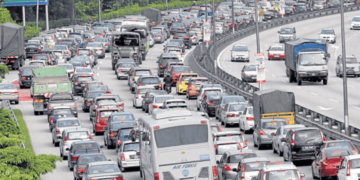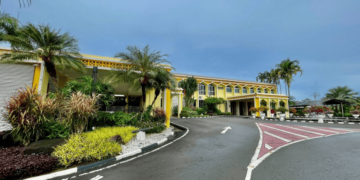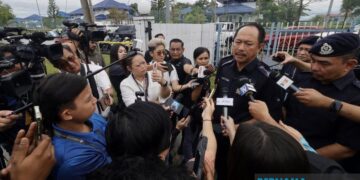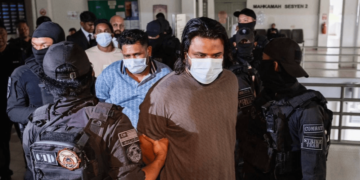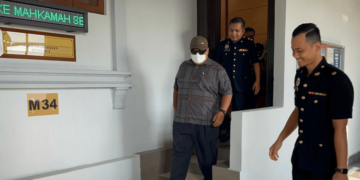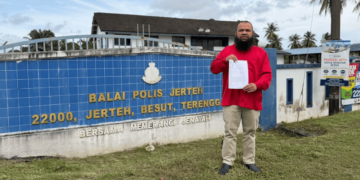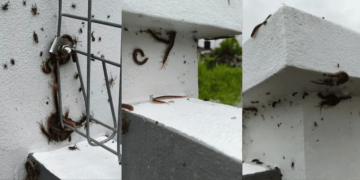KUALA LUMPUR – Illegal Bitcoin mining activities in Malaysia have led to electricity losses exceeding RM4.8 billion since 2018, according to recent enforcement reports.
These operations are often carried out secretly by tenants using rented properties to conduct large-scale cryptocurrency mining by tapping directly into the national electricity grid without authorisation from Tenaga Nasional Berhad (TNB).
Criminal litigation lawyer Mathan Anandaram expressed concern over the growing number of such cases, warning that landlords could face legal and financial repercussions even when they are unaware of their tenants’ illegal activities.
“I am deeply concerned about the legal exposure faced by landlords when tenants misuse their rented premises for illegal Bitcoin mining without the owner’s knowledge,” he said in a statement recently.
He explained that under Section 37 of the Electricity Supply Act 1990, tampering with or abstracting electricity is a serious criminal offence.
“In many enforcement cases, TNB has pursued legal action or recovery claims against the registered account holder often the landlord even when the tampering was done by the tenant.
“In some cases, the landlord becomes the one penalised simply because the TNB account remains under their name, even though the illegal connection was made by the tenant,” he said.
Mathan said landlords face three major forms of legal risk such as civil liability, criminal exposure, and property damage resulting from illegal electrical setups.
“If the account is still under the landlord’s name, they may be held liable for stolen electricity. If they are proven to have knowingly permitted unauthorised connections, they can face criminal prosecution.
“And beyond that, illegal mining setups can cause electrical overloads, fire hazards, and damage to the property,” he explained.

To protect themselves, Mathan advised property owners to take preventive measures such as transferring the electricity account to the tenant’s name through TNB’s official Change of Tenancy (COT) process, inserting strict clauses in tenancy agreements to prohibit cryptocurrency mining or illegal electrical modifications
Also monitoring electricity usage closely.
“If you notice unusually high power consumption or suspicious activity, report it immediately to TNB or the police.
“Always keep proper documentation of tenancy agreements, inspections, and communications to prove due diligence,” he said.
Mathan also called on Tenaga Nasional Berhad (TNB) and the Energy Commission (Suruhanjaya Tenaga) to consider policy reforms requiring tenants to register electricity accounts under their own names for all rented premises.
“This would improve accountability, protect landlords from vicarious liability, and make it easier for TNB to identify offenders directly similar to the system already practised in Singapore,” he said.
He emphasised that illegal Bitcoin mining is not a victimless act, as it drains national resources, compromises public safety, and unfairly burdens innocent landlords.
“As a lawyer who has defended many landlords in TNB-related claims arising from electricity misuse for illegal Bitcoin mining, I am genuinely concerned about their rights,” he said.
“Landlords must act proactively, and policymakers should strengthen regulations so that responsibility for electricity usage lies entirely with those who consume it,” he added.
Illegal Bitcoin mining refers to the unauthorised use of electricity or computer networks to generate cryptocurrency. Bitcoin mining itself is a legal activity that involves using high-powered computers to solve complex mathematical problems, earning digital coins as a reward.
However, it becomes illegal when individuals or syndicates bypass electricity meters, tap directly into power grids, or operate without the necessary business permits and safety compliance.
Such illicit operations not only steal electricity causing massive financial losses to utility providers like TNB but also pose serious safety hazards. The excessive energy demand from mining machines can overload electrical circuits, spark fires, and damage infrastructure.

These setups are often concealed in rented houses, shop lots, or factories, making detection difficult until enforcement raids uncover the theft. -MalayaDailyToday



